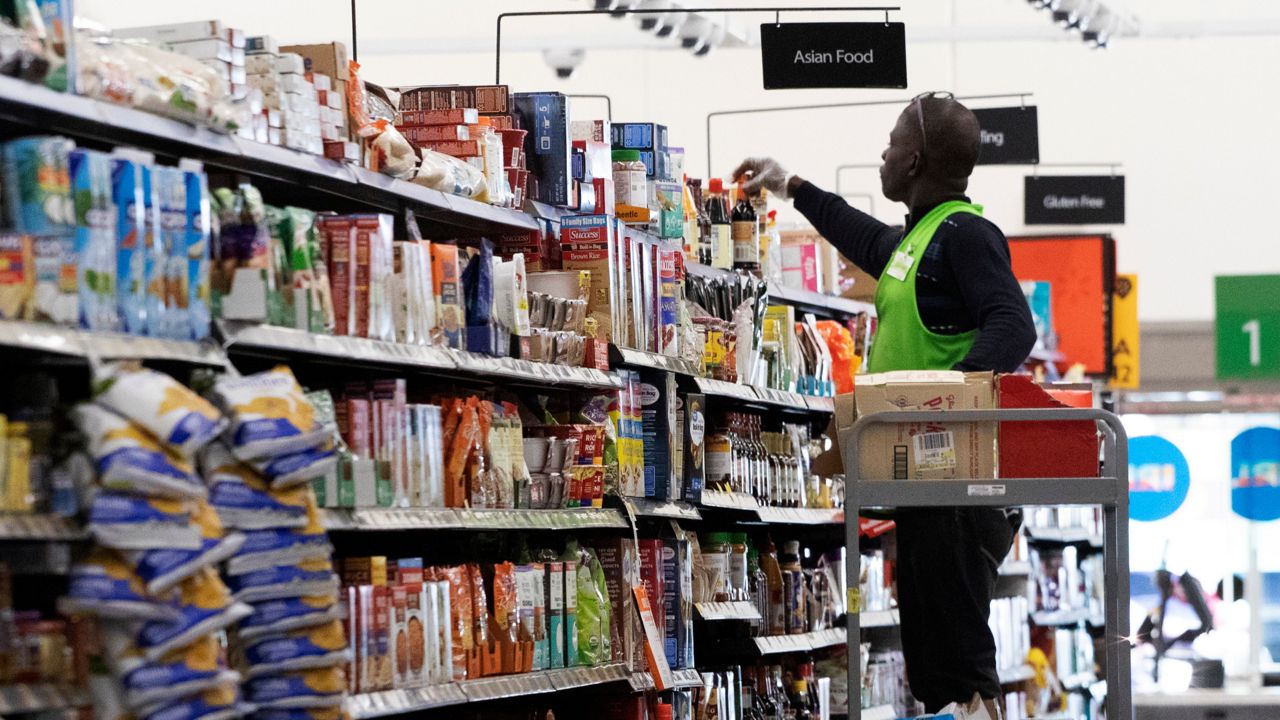LOS ANGELES — It's that time of year yet again when we all resolve to be better versions of ourselves with the simple flip of a calendar — as if it were that easy.
It can be difficult to change entrenched behaviors, especially when it comes to doing things that benefit the greater good. Helping the planet may not always feel as if we are also helping ourselves because the impacts can be intangible, incremental and cumulative.
But with the effects of climate change making daily headlines, psychologists say one of the best reactions is to take action. It doesn't have to be as big as giving up meat or trading your gas-powered car for one that's electric, though those would certainly help. You can start small and do it with an activity you already engage in almost daily: shopping. We reached out to Amazon’s Global Sustainable Shopping Lead, Adam Werbach, for tips.
As part of its Climate Pledge Friendly program, Amazon has identified about 200,000 products that are sustainable in some regard. The program includes 37 different external certifications, including the Rainforest Alliance, which certifies products from companies that protect forests with climate-smart practices that also promote human rights, and the Environmental Working Group, which indicates an item meets its standards for healthy ingredients, ingredient transparency and good manufacturing practices.
Amazon has its own certification program called Compact by Design, which identifies products that reduce the amount of air and water in their packaging, so they take less energy and packaging to ship to consumers.
“We can't shop our way to a more sustainable world,” Werbach said. “But we can take a little bit of plastic and packaging and a little bit of weight out of it, and it reduces the amount of carbon you're responsible for when you order a product.”
Customers are looking to substitute more conventional products with those that have a lighter impact on the planet. The eco cleaning product company Seventh Generation, for example, makes a concentrated laundry detergent called Easy Dose that is made with biobased ingredients and packaged with a dispenser to prevent over-use. It is certified both by Amazon’s Compact by Design program and the U.S. Environmental Protection Agency’s Safer Choice program, designed to help consumers identify a variety of products with safer chemical ingredients that do not sacrifice performance.
Actress Jessica Alba’s Honest Company shampoos, bubble baths and baby wipes are among nearly 2,000 products that have been verified by the Environmental Working Group. Other beauty brands that are committing to sustainability with eco certifications include Attitude body washes and soaps that are Ecologo certified for reducing their environmental impact, First Aid Beauty Ultra Repair Cream certified by Amazon for compact packaging and Sambazon Acai Bites, Fair for Life certified for fair trade and more socially and environmentally responsible supply chains.
Among the envelope-pushing ideas is cradle-to-cradle certification for products that are safe, circular and responsibly made. Cradle to cradle means a product is made from materials that are safe for humans and the environment and that enable a circular economy by using ingredients that can be regrown, renewed or restored.
Products certified by the Cradle to Cradle Products Innovation Institute in San Francisco are not as common as certifications from many other environmental groups, but they are growing and include companies like Carnegie Fabrics in New York, which makes a type of plant-based wallpaper and upholstery without the use of chlorine, heavy metals, toxic dyes or ozone-depleting chemicals.
A Greener World’s Certified Regenerative is a separate but related program that applies to agricultural products that people eat, though it is also used by some bath and beauty brands that make soaps from farm-derived goods such as goat milk. If something is Certified Regenerative, it means it conforms to a set of planned agricultural practices that either maintain or improve the soil, water, air and biodiversity of where it is grown.
“Our experience is that customers continue to raise their demands,” Werbach said. “We’re very sunny on the growth of more sustainable products.”



